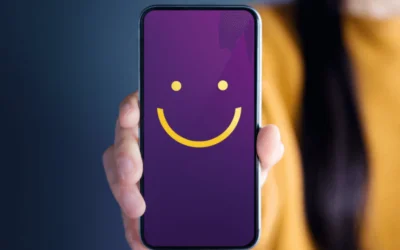What are the big figures from Black Friday this year?

As consumers spent in excess of $58 billion over the Thanksgiving Weekend, it is clear that Black Friday and Cyber Monday delivered significant successes for a range of retailers this year.
Behaviours of Black Friday and Cyber Monday shoppers
Consumers choosing to shop solely on Black Friday are more likely to be commanding, assertive and unafraid to take risks to enjoy significant rewards. In other words, this type of shopper is more than willing to queue for hours and even engage in a minor quarrel to get their hands on the very last 70-inch smart TV.
Black Friday shoppers typically purchased:
TVs
Toys and games
Home office furniture
Child and baby products
Cyber Monday shoppers are often more focused on maintaining their public image and avoiding any potentially embarrassing or disreputable situations. Although still determined to seek out good deals, they would always prefer to grab the last smart TV online from the comfort of their own home.
Cyber Monday shoppers purchased:
Games consoles
Home audio systems
Digital cameras
Personal audio products
Consumers shopping on both Black Friday and Cyber Monday actively enjoy shopping and are eager to maintain the status that comes via wealth and material possessions. They made purchases across all major categories and often share advice and recommend products on their social media platforms.
Successful retailers across Black Friday and Cyber Monday
The majority of consumers who only shopped on Black Friday turned to Amazon to make their purchases. Amazon wasn’t the only winning retailer among this group, with Macy’s and Walmart also attracting significant numbers of Black Friday shoppers.
Amazon was so popular amongst Cyber Monday shoppers that many analysts have started referring to the day as Amazon Monday. Additionally, Cyber Monday shoppers were more likely to have a Prime membership when compared to Black Friday-only shoppers. Target and Ros are other retailers that appealed to Cyber Monday shoppers, but Amazon was the clear winner for this category of consumers.
As consumers shopping on both Black Friday and Cyber Monday had the highest number of Amazon Prime memberships, and as such, were considerably more likely to utilise their free shipping options. Costco and Overstock were also favoured retailers for this group of shoppers.
The most and least important product attributes
Black Friday shoppers typically purchased products that they perceived as popular, fun, exciting and luxurious. They were also much less likely to be concerned about energy efficiency, dependability, and sustainable production methods.
Cyber Monday consumers favoured products that were both luxurious and sustainably produced. Valuing uniqueness, Cyber Monday shoppers were less concerned about family friendly, easy to use, or overly exciting products.
Consumers shopping across both key events typically purchased products that were luxurious, popular and innovative. Their purchasing decisions were less focused on practicality, familiarity and ease of use.
A core attribute that all three groups of shoppers shared was a price-driven purchasing mentality. Cyber Monday shoppers were demonstrably more price-focused, but all three groups were willing to spend time seeking out the best deals possible.
Some key takeaways for retailer future Black Friday marketing
In addition to promoting significant product discounts, standing out in the future will be much more reliant on an ability to also create messaging that specifically draws attention to the key attributes of the products that are on sale.






